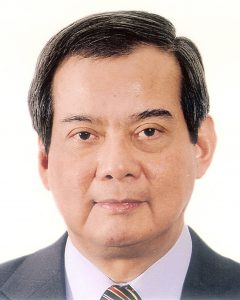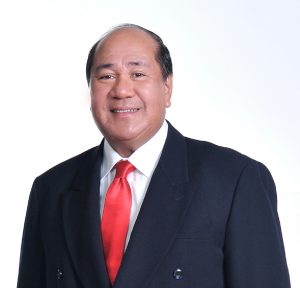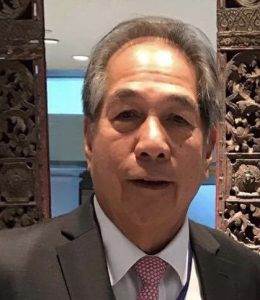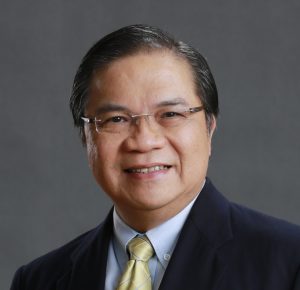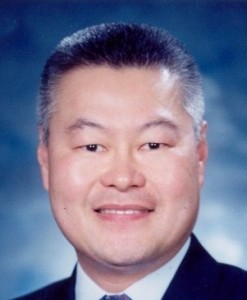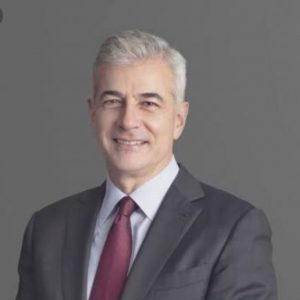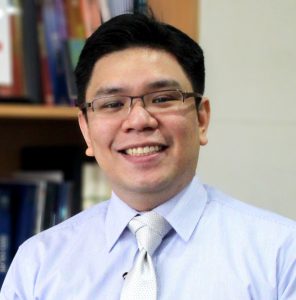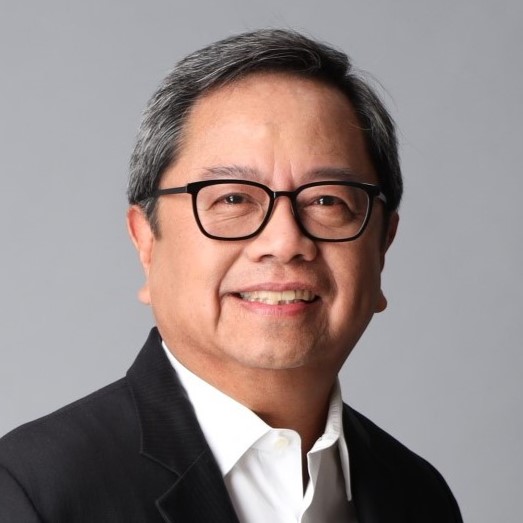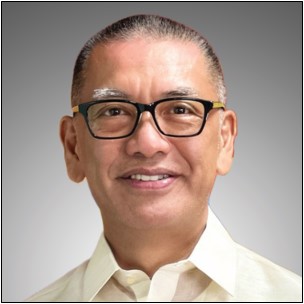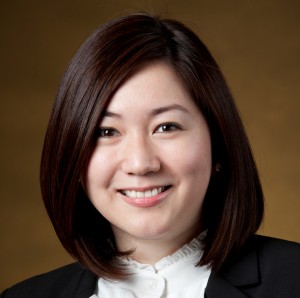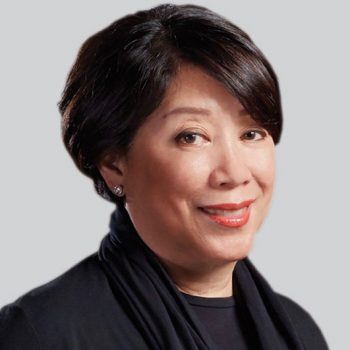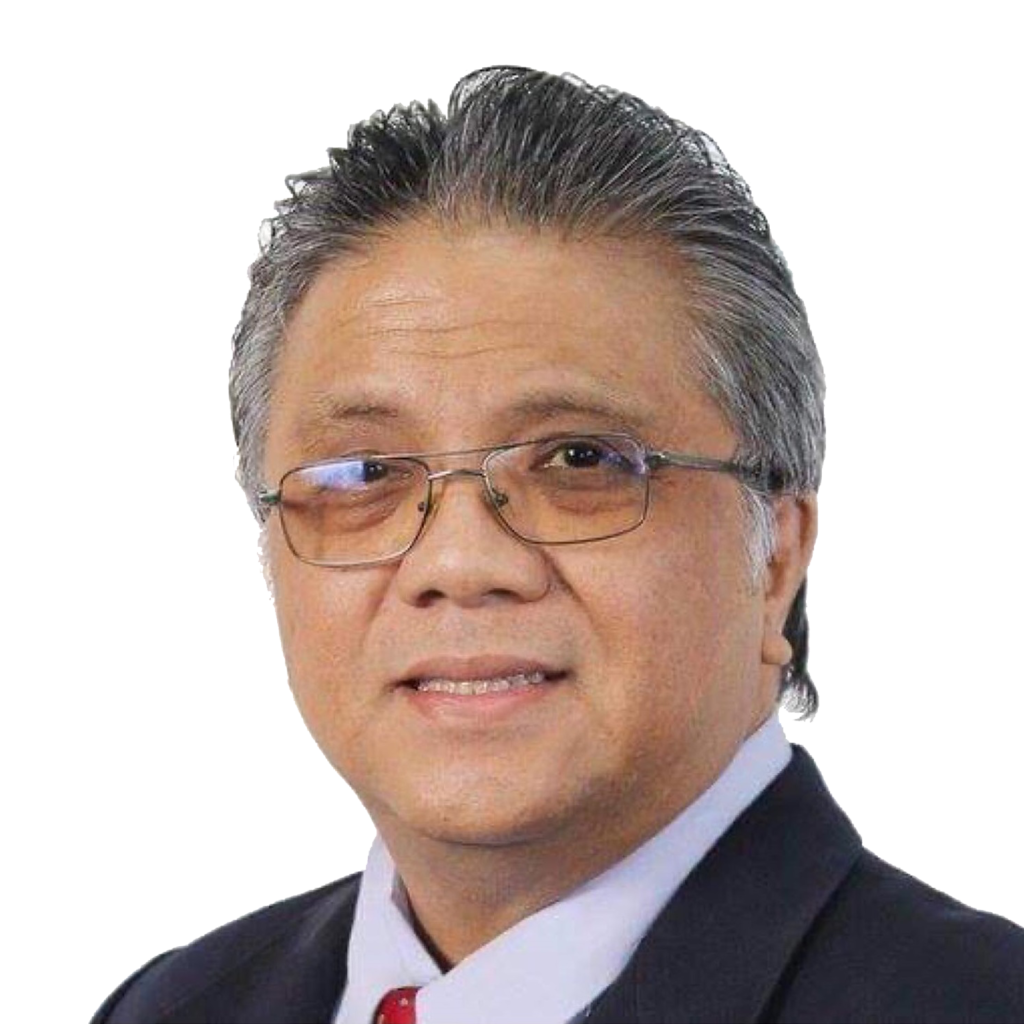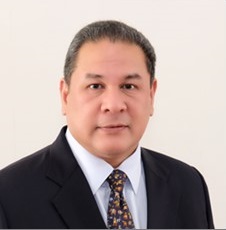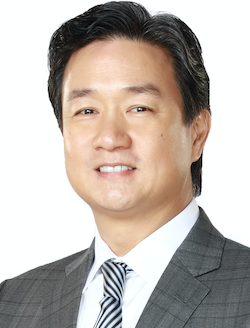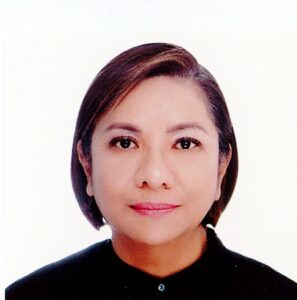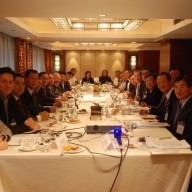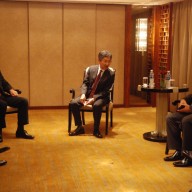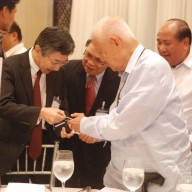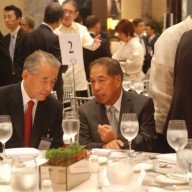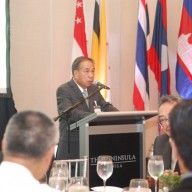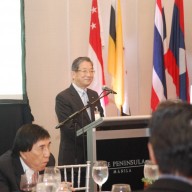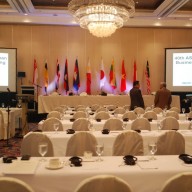The 5th Asian Business Summit was held on September 15, 2014 at the new Solaire Resort & Casino, Manila, jointly hosted by the Philippines-Japan Economic Cooperation Committee (PHILJEC) and the Keidanren of Japan. Seven Asian countries were represented, namely: Japan, Republic of China (Taiwan), Republic of Korea, India, Thailand, Singapore and the Philippines. Mr. Egmidio de Silva Jose, PHILJEC President co-chaired the meeting with Mr. Sadayuki Sakakibara, Chairman of Keidanren.
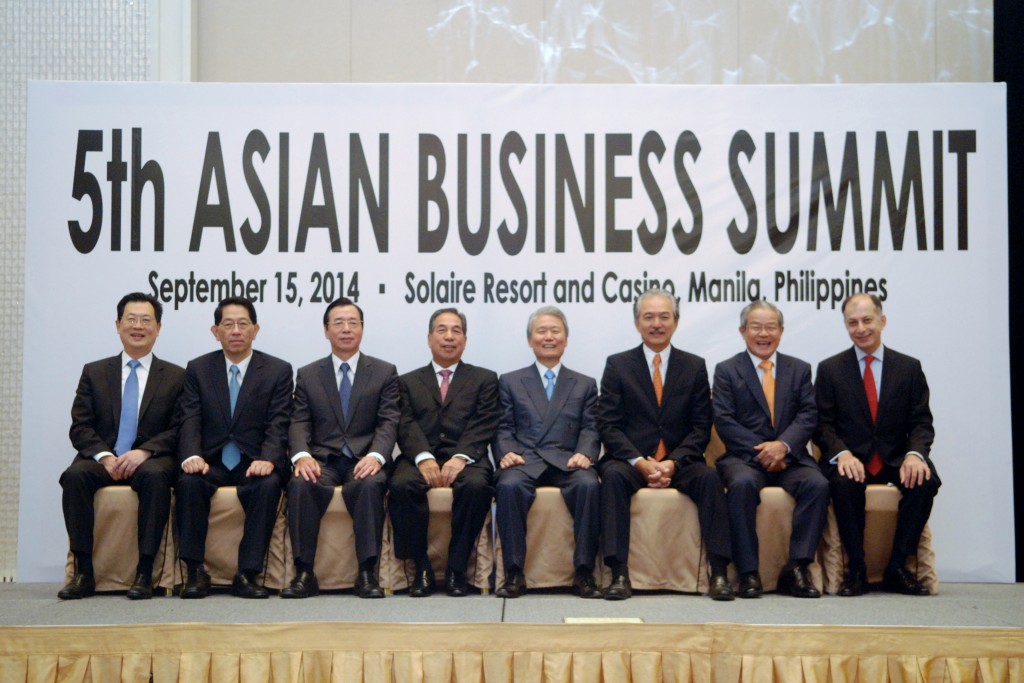
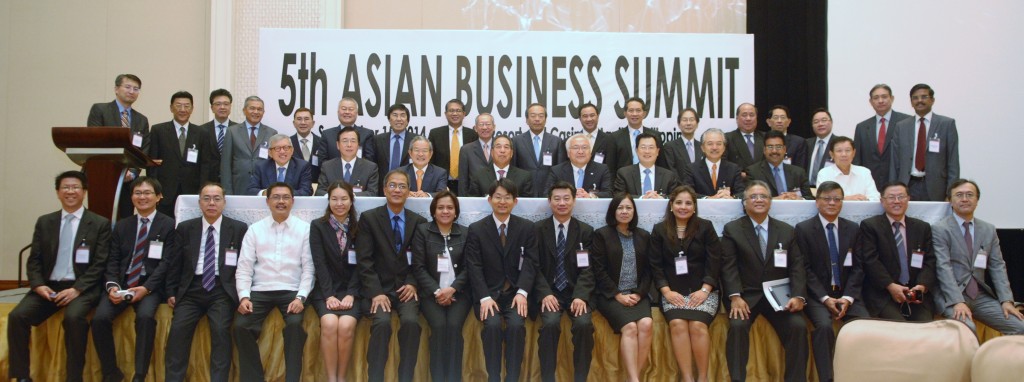
The full text of the Joint Statement issued by Keidanren follows:
The 5th Asian Business Summit Joint Statement
On September 15, 2014, eight business organizations from seven Asian Economies converged in Manila, Philippines to hold the 5th Asian Business Summit. The leaders discussed the major challenges for Asian economies in view of the emerging global economic realities, and came up with a Joint Statement.
The delegates agreed to play an active role in realizing the goals laid down at the Summit and to provide actionable inputs to the policy makers of their respective Economies.
The Joint Statement reflects the expectations and aspirations of the Asian business community, and delineates the future role of the private sector in sustaining Asia’s economic dynamism.
- Sustainability of Asian Economy
Asia has been demonstrating steady economic growth functioning as the growth engine for the global prosperity. The Asian Development Bank estimates that the average GDP growth of Asian region will edge up from 6.1% in 2013 to 6.2% in 2014 and 6.4% in 2015, bringing about economic ripple effect to other regions. The Summit requests each Economy to carry out its growth strategy so as not to lose the momentum.
In order to make this growth sustainable, realizing cross-border division of labor among the Asian region making the best use of advantages of each Economy and complimenting one another would be the key. This would also rectify disparities in the region and thereby strengthen the basis for further growth.
It is also important to exchange highly-skilled human resources between Asian economies, and encourage Asian institutions to undertake joint research and development initiatives to drive innovation across industries. Innovation-led industrial development and advanced human capital formation will contribute to developing high value-added products and thereby move up the global value chain.
- Regional Integration
The Summit urges each Asian Economies to press forward with the ongoing EPA/FTA negotiations. Especially the Summit anticipates that the establishment of the ASEAN Economic Community in 2015 would be a steppingstone towards creating the Free Trade Area of the Asia Pacific (FTAAP).
EPAs and FTAs should be comprehensive so that they eliminate protectionism and bring about expanded trade in goods and services, greater cross-border investment flows, dismantling of non-tariff barriers and lifting of export restrictions on food and natural resources, strengthening of the IPR regime, and facilitation of remittances.
It is important that EPAs and FTAs are not exclusive. Any Economy that did not participate in the negotiations at the outset should be allowed to join subsequently, subject to terms and conditions that would be agreed with all other participants.
- Environment, Energy and Natural Resources
In order to make the best use of scarce energy resources while cutting greenhouse gas emissions, it is profitable for each Asian Economy to press forward with its energy efficiency policy. Private sector could collaborate with the government in implementing the energy efficiency policy by disseminating environmentally friendly technology such as highly efficient coal-fired power generation, smart grid, light rail transit, eco-houses and eco-buildings. Financing schemes, which include Official Development Assistance, export credits, bilateral offsetting mechanism, etc. would help implementing the above efforts.
Taking into consideration that a new protocol, another legal instrument or an agreed outcome with legal force under the convention applicable to all parties is aimed to be adopted at COP21 in 2015, the Summit agrees to collaborate towards establishing a fair and effective post-2020 international framework.
Under the condition that free trade of natural resources is guaranteed, the Summit is resolved to promote joint exploitation and technical assistance for domestic concentration and refinement.
- Infrastructure Development
In order to facilitate infrastructure development, the Summit calls for reduction of tariffs on materials and machineries related to construction, relaxation of excessive local contents requirements, free establishment of SPCs, deregulation of trans-border movement of engineers and skilled workers, transparency of government procurement procedures and domestic regulations.
With a view to developing infrastructures of high quality, the Summit continues to ask the Asian Economies to introduce bidding systems in which non-price factors such as environmentally-friendly technology, lifecycle cost efficiency and low environmental load are properly evaluated.
The Summit also agreed to play a key role in areas such as human resources development, designing of master plans and promotion of PPP projects including the third country cooperation.
With a view to utilizing private flows in the region for infrastructure development, the Summit requests Asian Economies to press ahead with the Asian Bond Markets Initiatives (ABMI).
- Improvement of Business Environment
Even if investment were liberalized through EPAs and FTAs, business would not be facilitated unless domestic regulations of the hosting countries are transparent and rational.
The Summit calls for establishing a mechanism comprised of representatives from governments, and the business community, to discuss issues on how to improve the business environment in each Economy. Impediments to business activities due to domestic regulations, administrative procedures, taxation and labor issues could be addressed, reviewed and corrected under this mechanism.
Improvement of business environment would not only benefit foreign investors but also domestic companies, especially SMEs.
- Movement of Natural Persons
Some Asian Economies will face labor shortages in the near future due to declining birthrate while other Economies have to undertake the task of youth employment stemming from population growth. To optimize this situation and to minimize the adverse effects resulting from demographic change, the Summit requests the Asian Economies to lift the existing restrictions on trans-border movement of natural persons.
In addition to free movement of intra-corporate transferees, professionals, trained workers, students and trainees, movement of medical workers and caregivers should be given attention. Regulatory reforms pertaining to medical services will greatly bridge the manpower needs of the region’s healthcare sectors and thereby addressing issues of the aging society.
Alongside facilitating movement of natural persons, it goes without saying that each economy and industry must take effective measures to enhance human capital through education and vocational training.
Source: https://www.keidanren.or.jp/en/policy/2014/076.html


